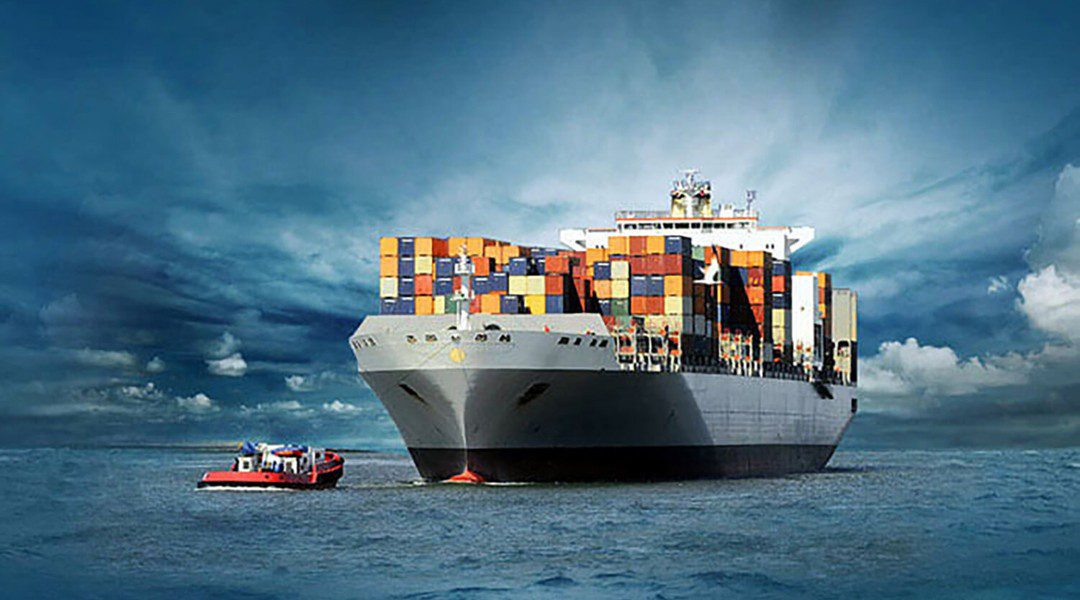The port of Santander is immersed in the development of the OPS-Santander project, an initiative of the Port Authority and Iberdrola that will allow docked ships to connect to the onshore power grid, eliminating the need to keep their auxiliary engines running. The total investment amounts to 20,986,951.20 euros, of which Iberdrola will contribute 13,391,891.00 euros and the APS 7,595,060.20 euros.
This solution aims to provide the port with an OPS (Onshore Power Supply) infrastructure capable of supplying clean energy to four different types of vessels: ro-ro ships, ferries, container ships, and cruise ships. The deployment of OPS technology will be carried out at four docks where seven connection points will be installed. For the president of the Port Authority of Santander (APS), César Díaz, “with the implementation of this system we reinforce the role of our port as a key logistics node, while demonstrating that sustainability is compatible with innovation and growth.”
The electrification of the docks through OPS will not only reduce CO2 emissions, “but also noise and air pollution, improving environmental quality in port areas and nearby urban areas,” stated César Díaz.
OPS-Santander envisages the installation of a system with a capacity greater than 5 MVA (Megavolt-Amperes), which, according to Díaz, “will require a major technical intervention” that will include: A new underground high-voltage line from the authorized connection point to a transformer substation within the port area; the construction of a substation on Port Authority land, and underground low and medium voltage lines that will connect the main substation to the supply points located at the docks.
Thanks to this infrastructure, ships will be able to turn off their auxiliary engines during their stay in port, reducing emissions of CO2, nitrogen oxides (NOx), non-methane hydrocarbons (NMHC), and suspended particles (PM). Furthermore, by using electricity—an energy that can be generated from renewable sources—a cleaner, safer, more stable, and efficient supply is guaranteed.
The project, described by Díaz as “an example of public-private collaboration in the service of sustainability and the modernization of port infrastructure,” has been selected to participate in the European call CEF-T-2024-AFIFGEN-COSTS, which could subsidize 6,296,085.36 euros of the 20,986,951.20 euros it is budgeted for.





